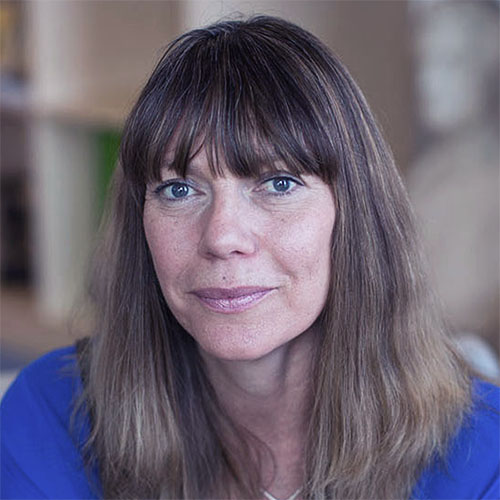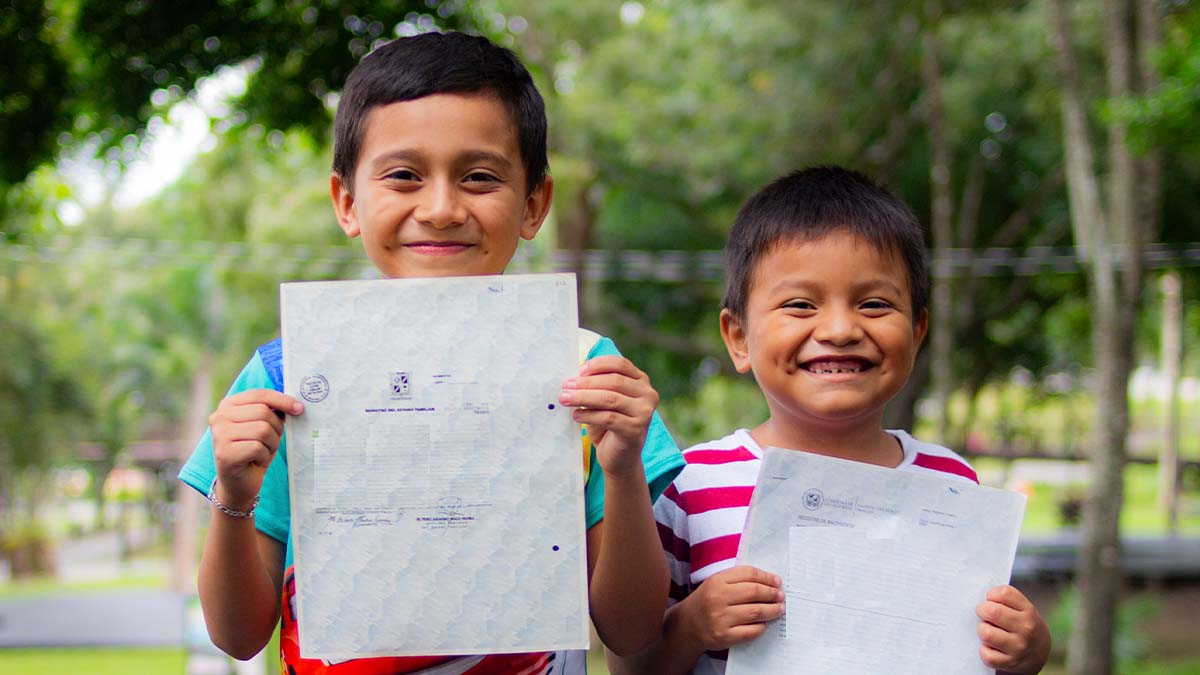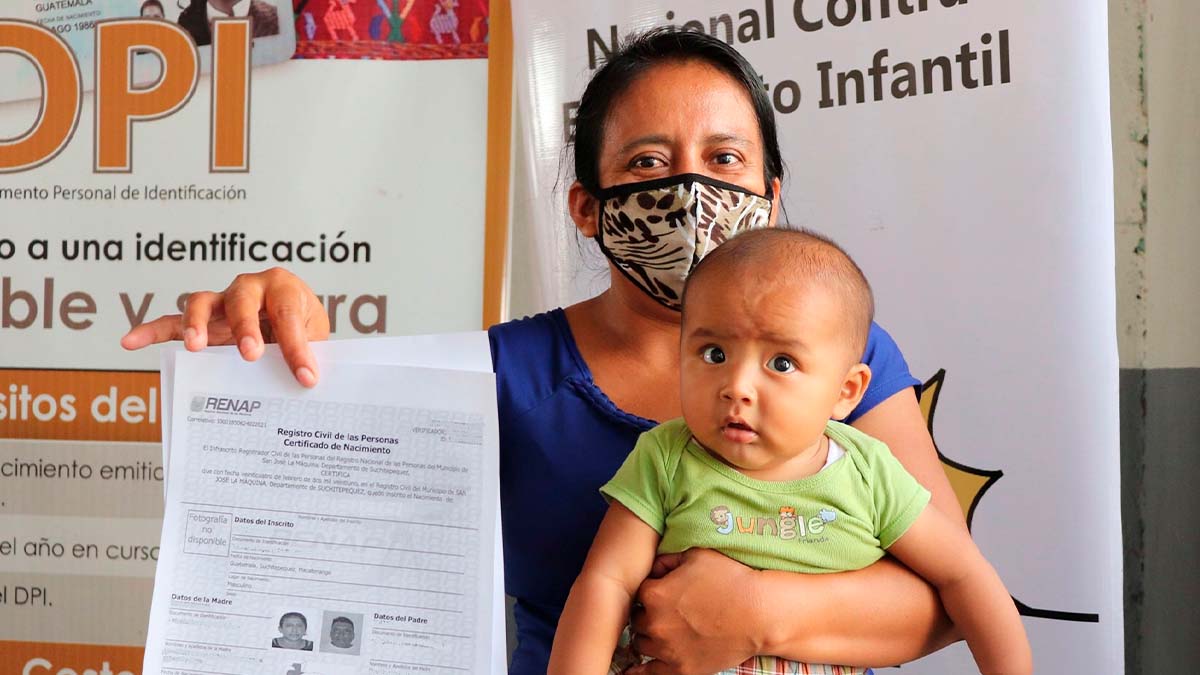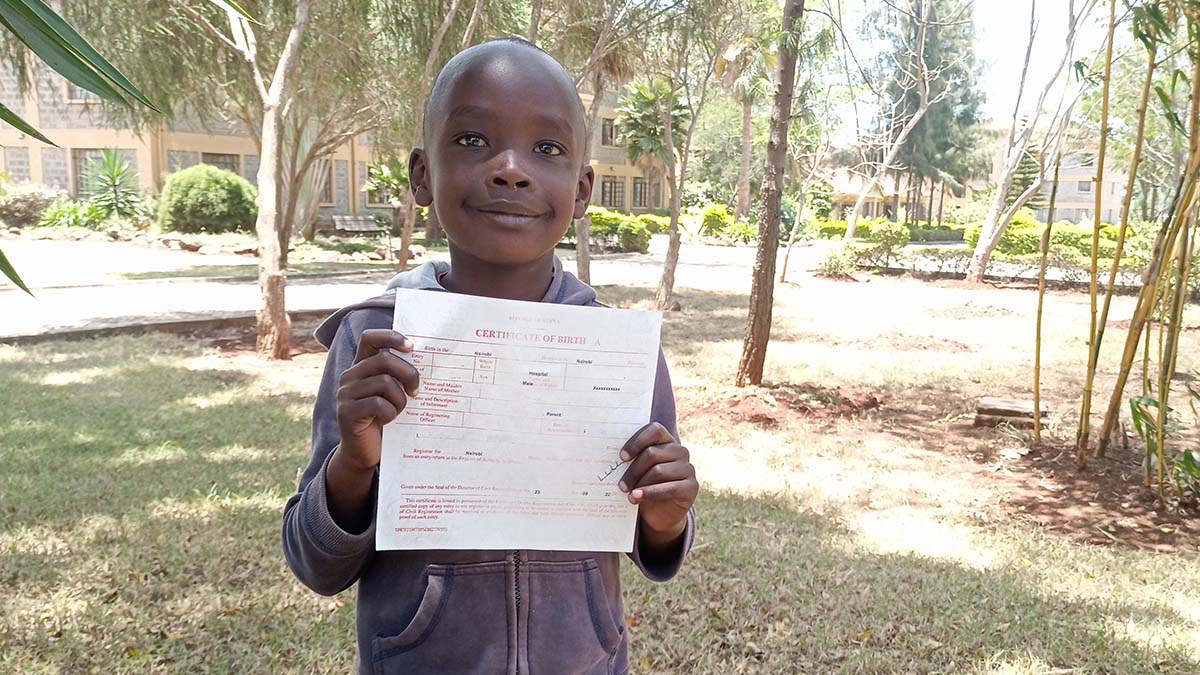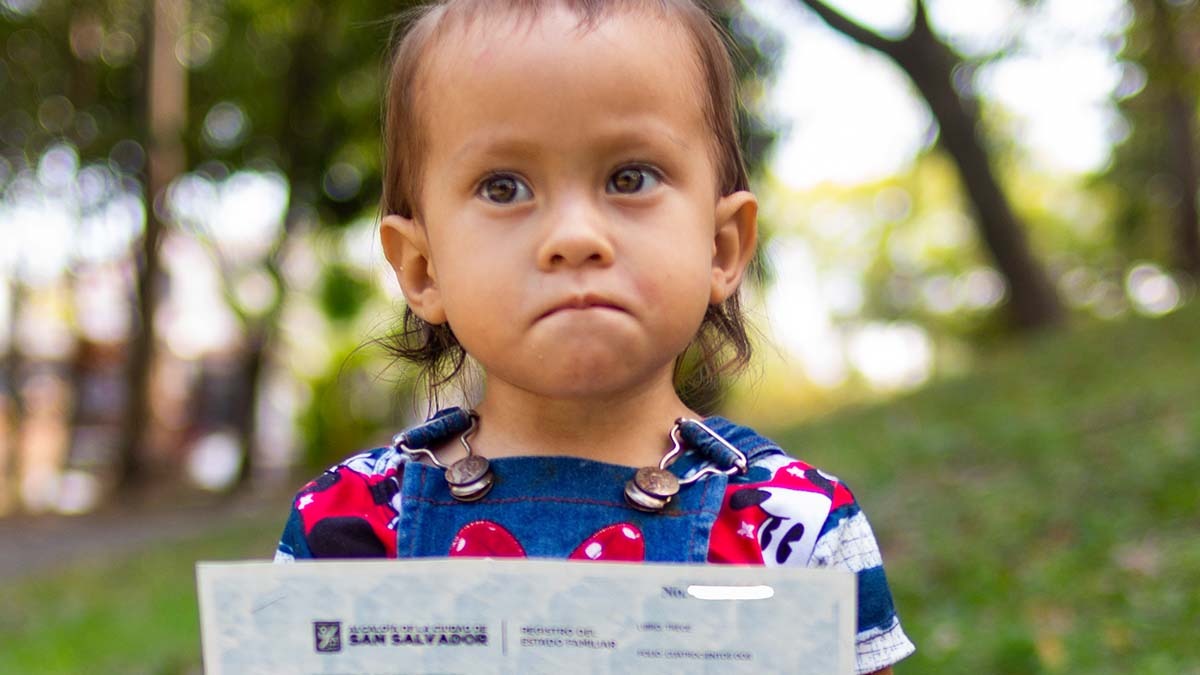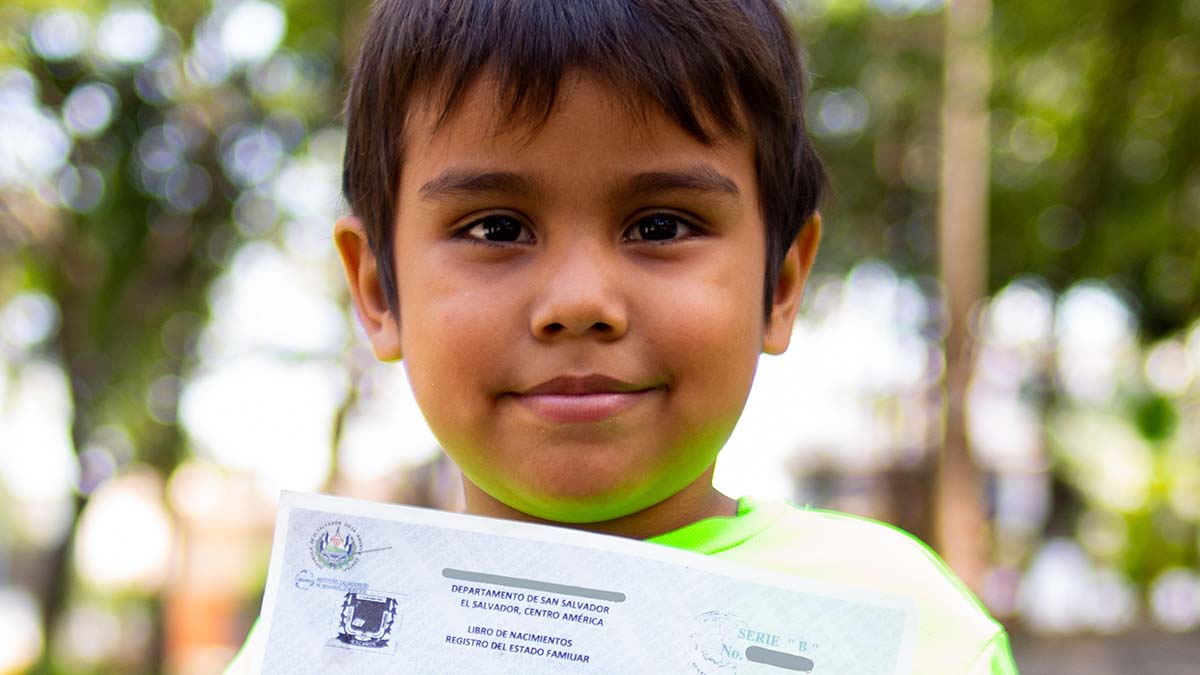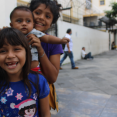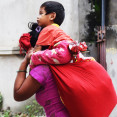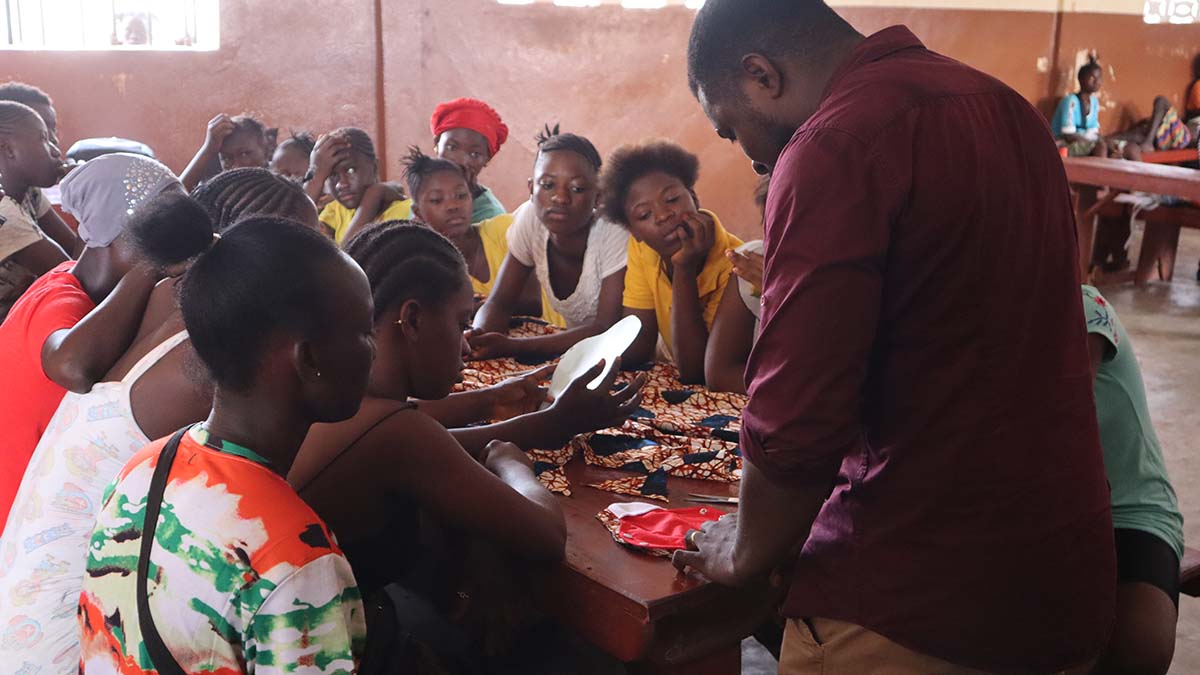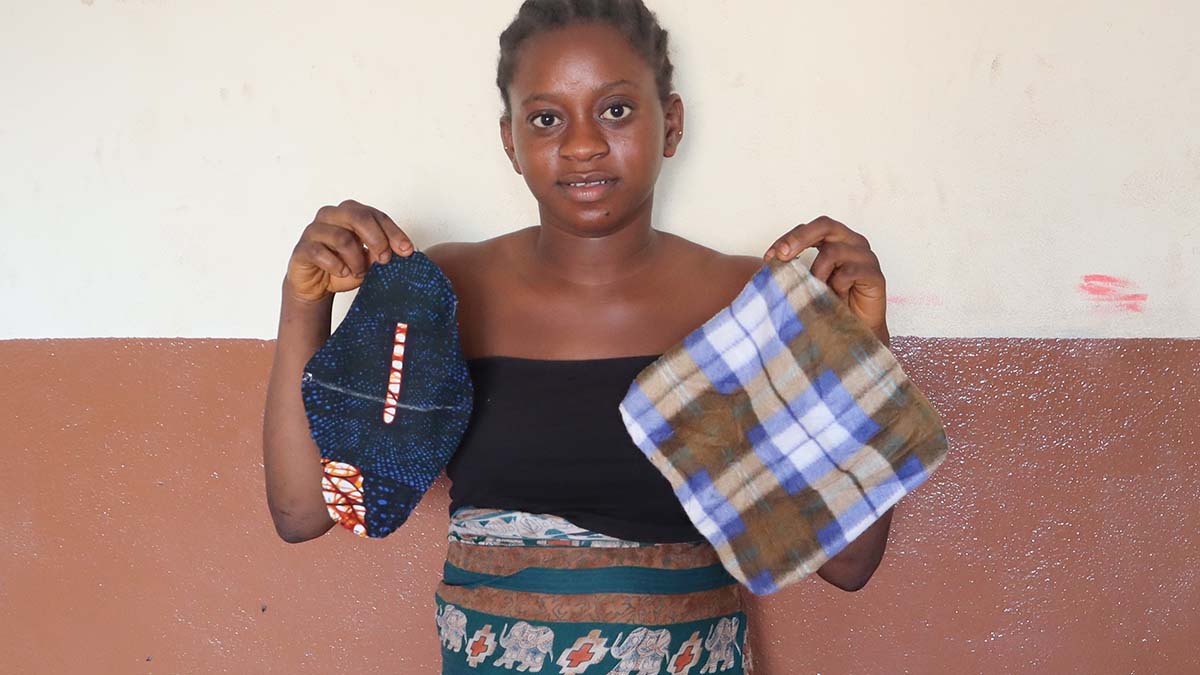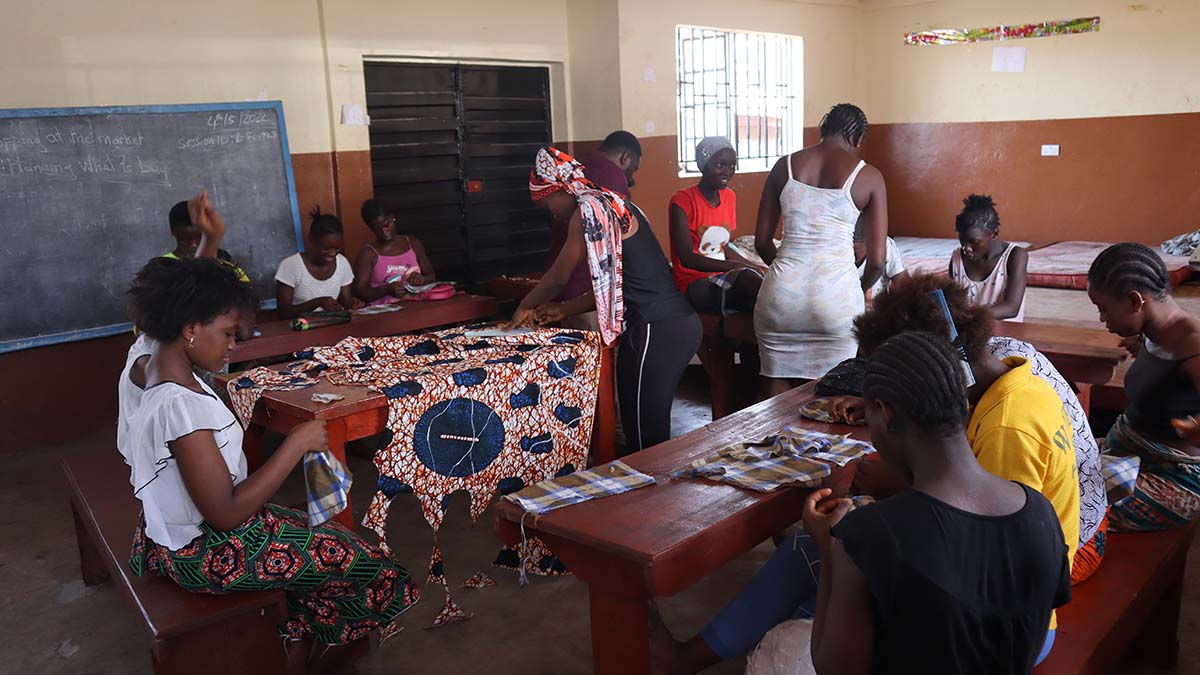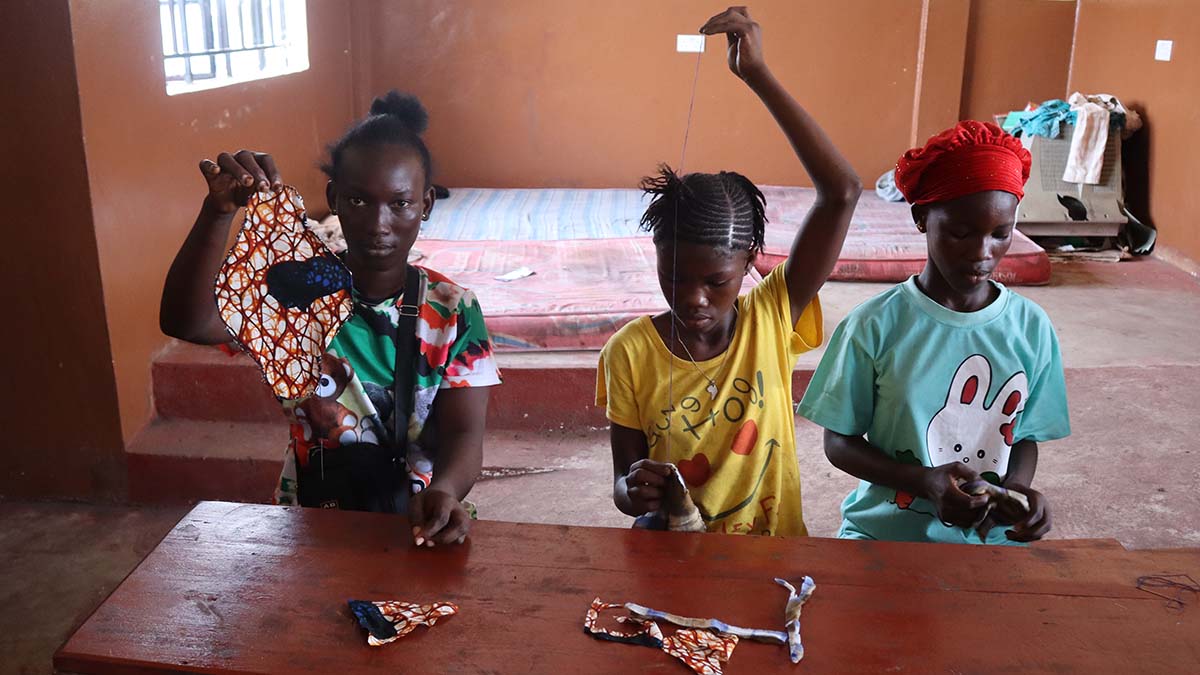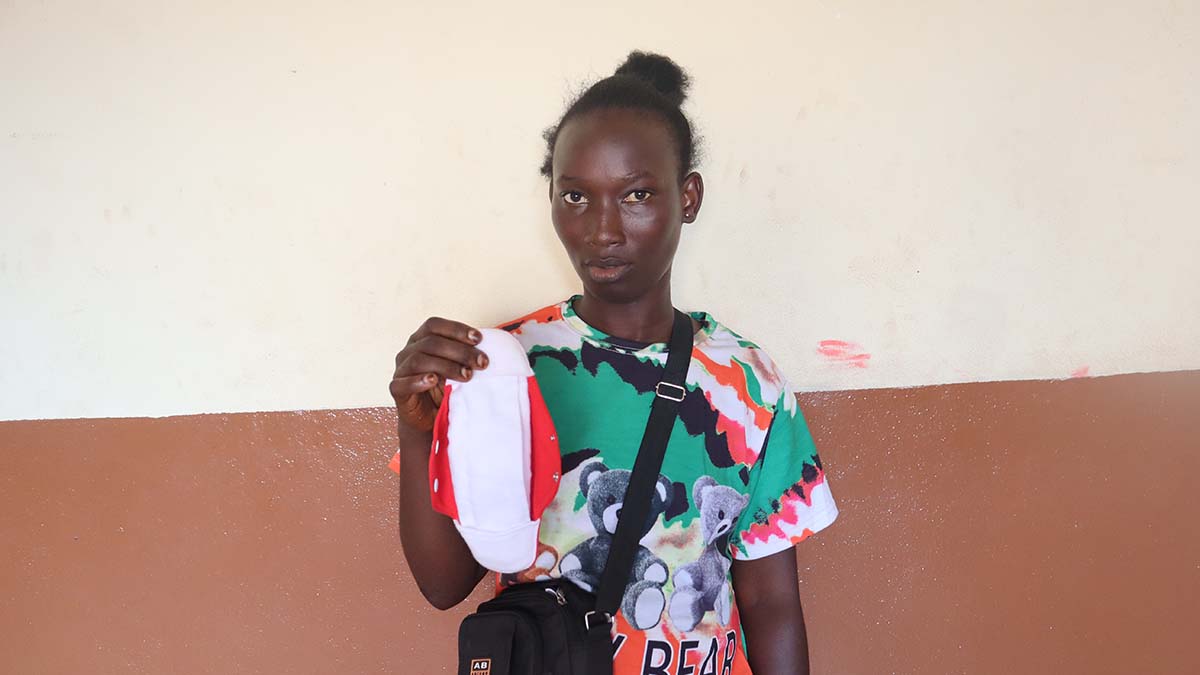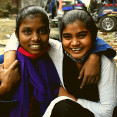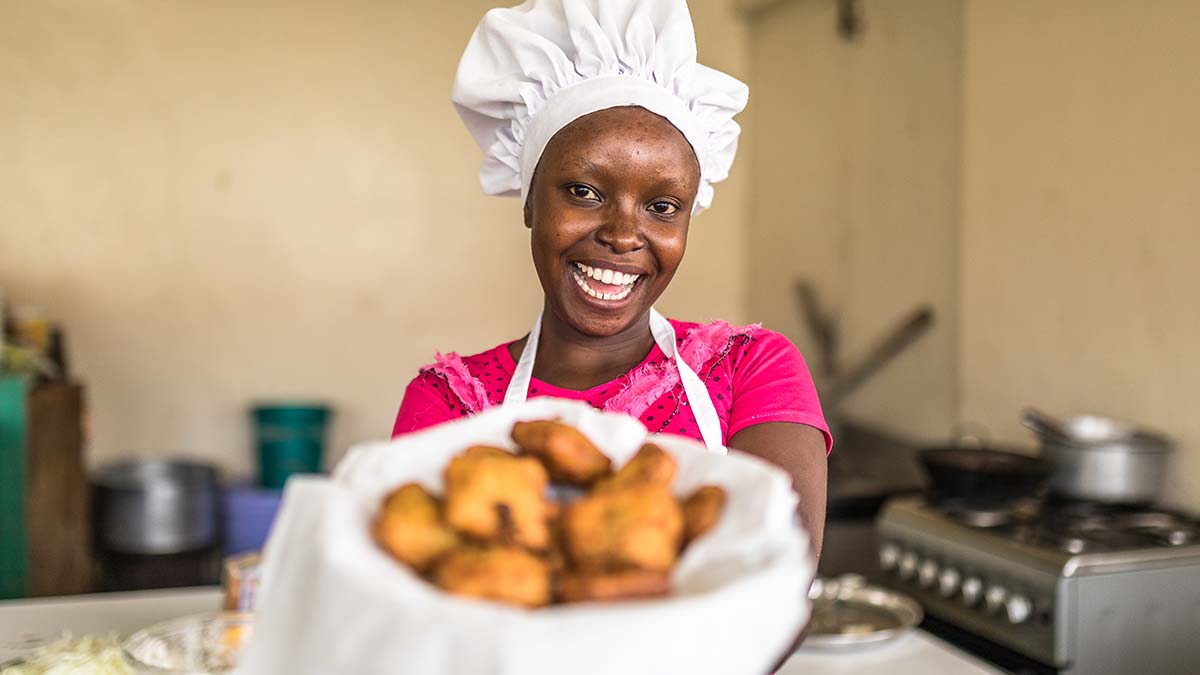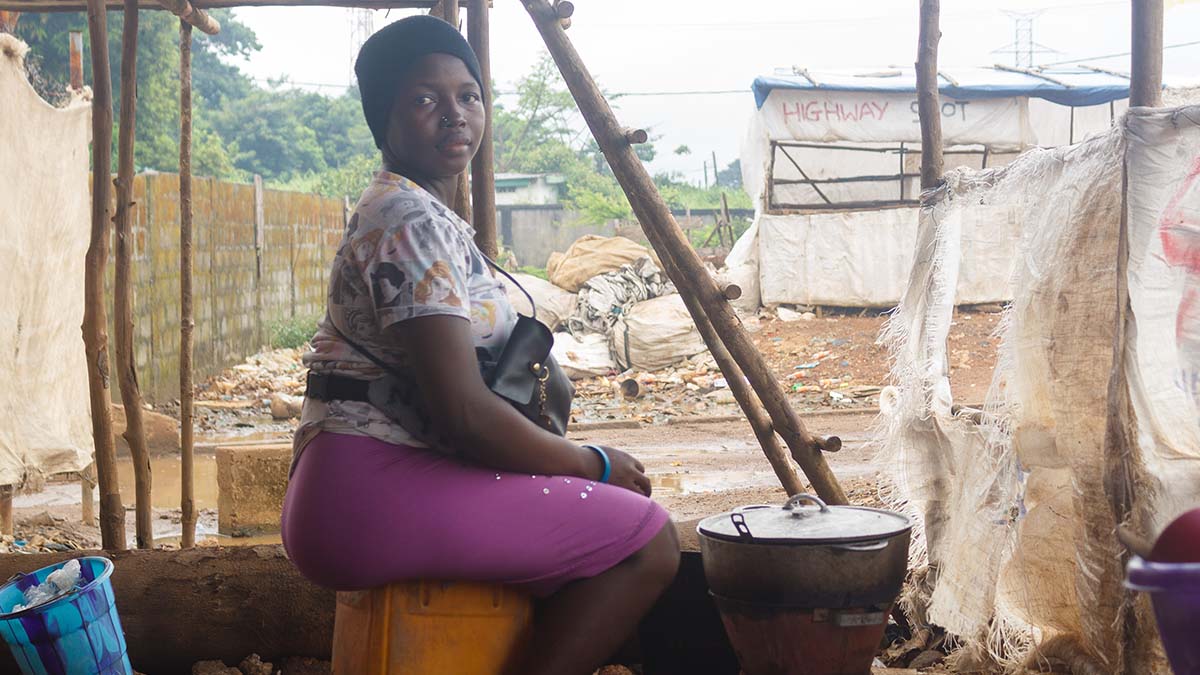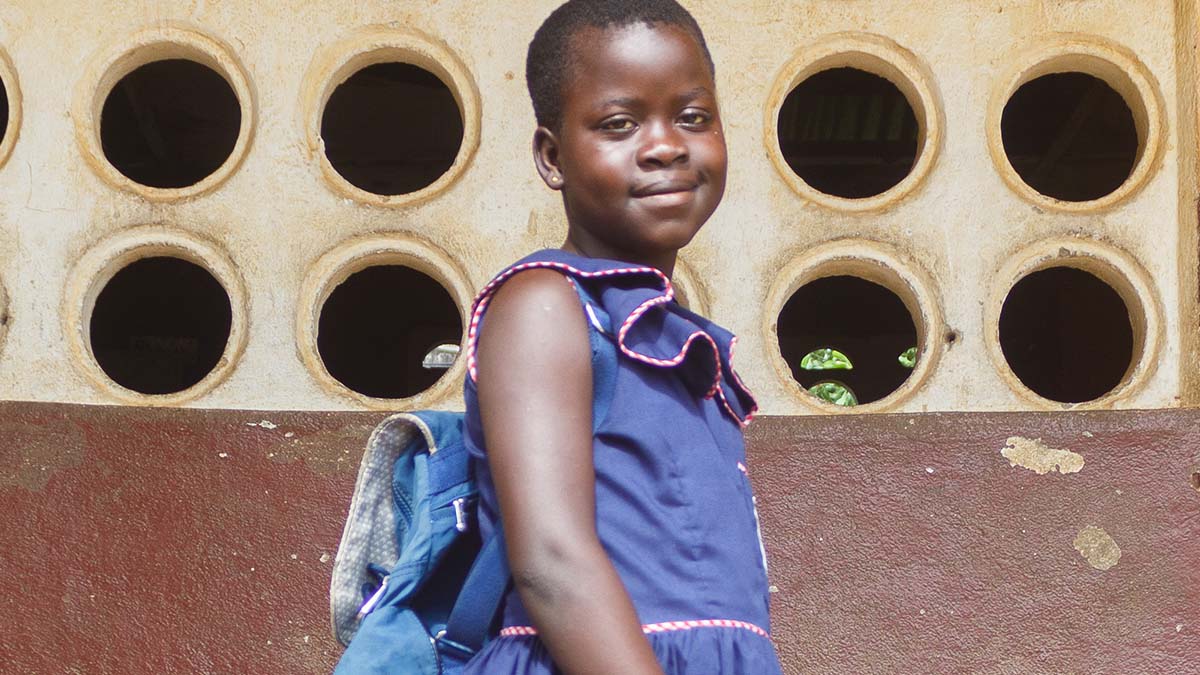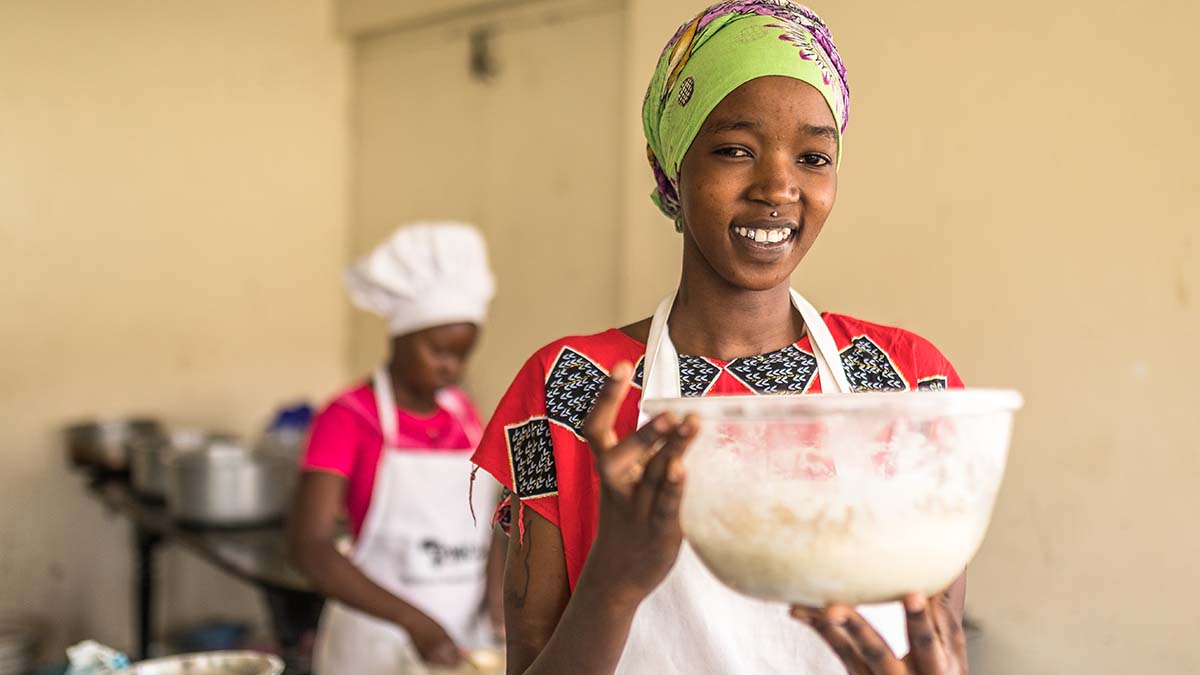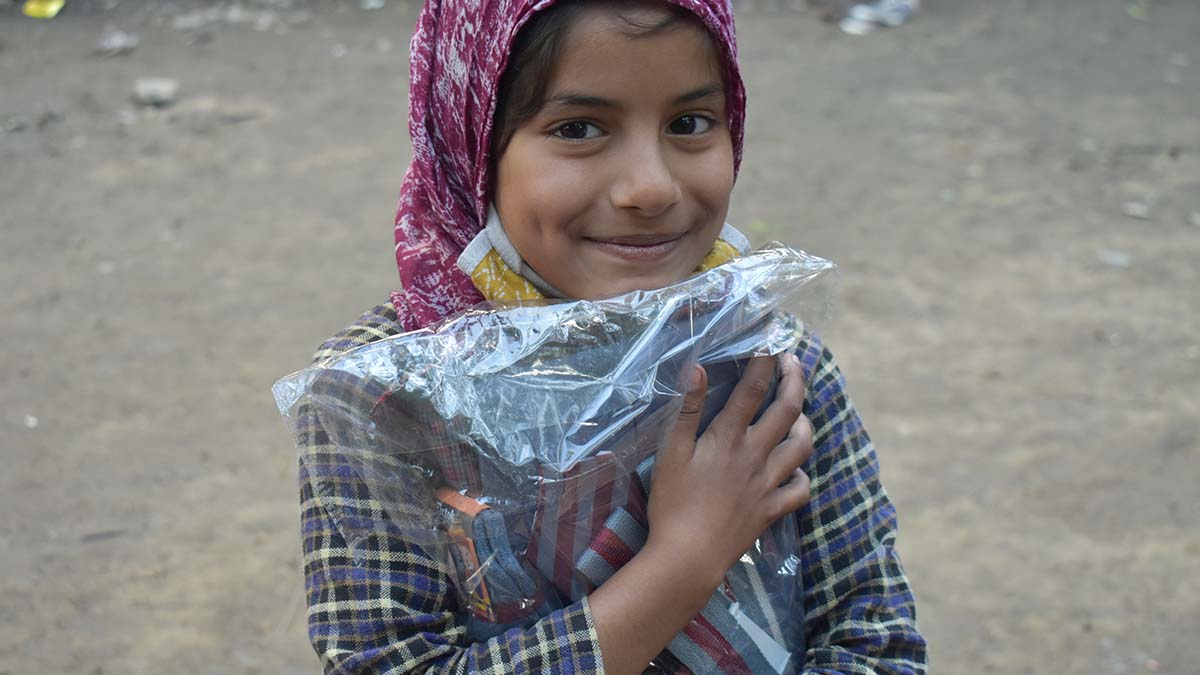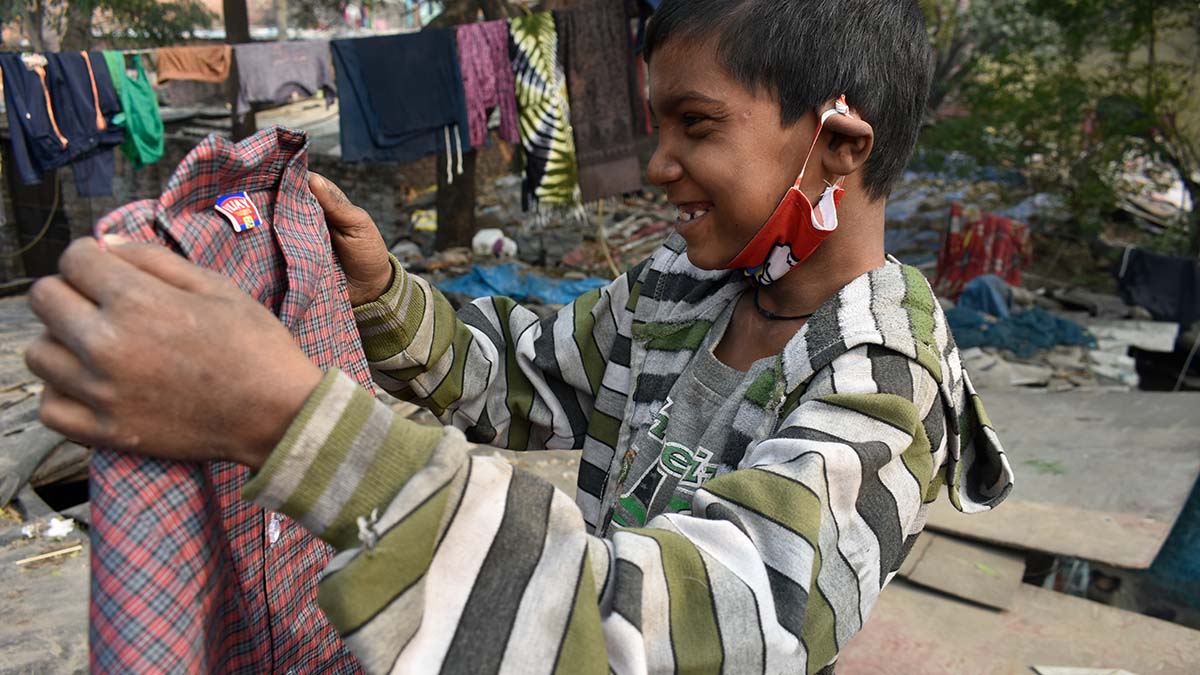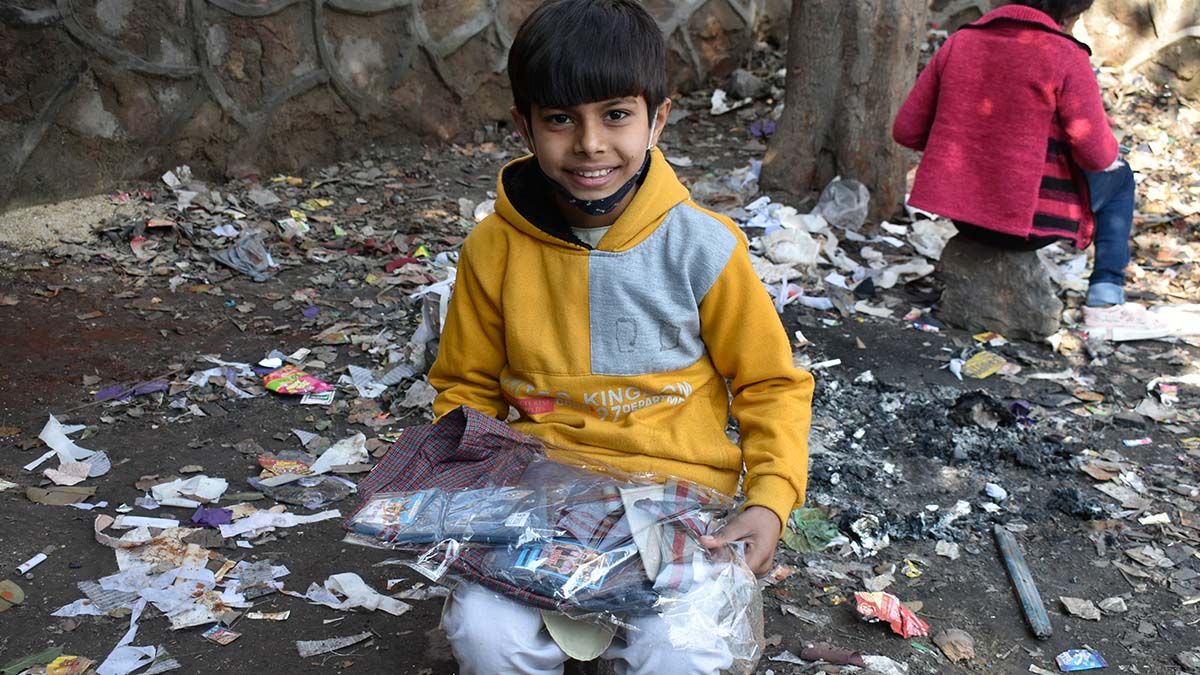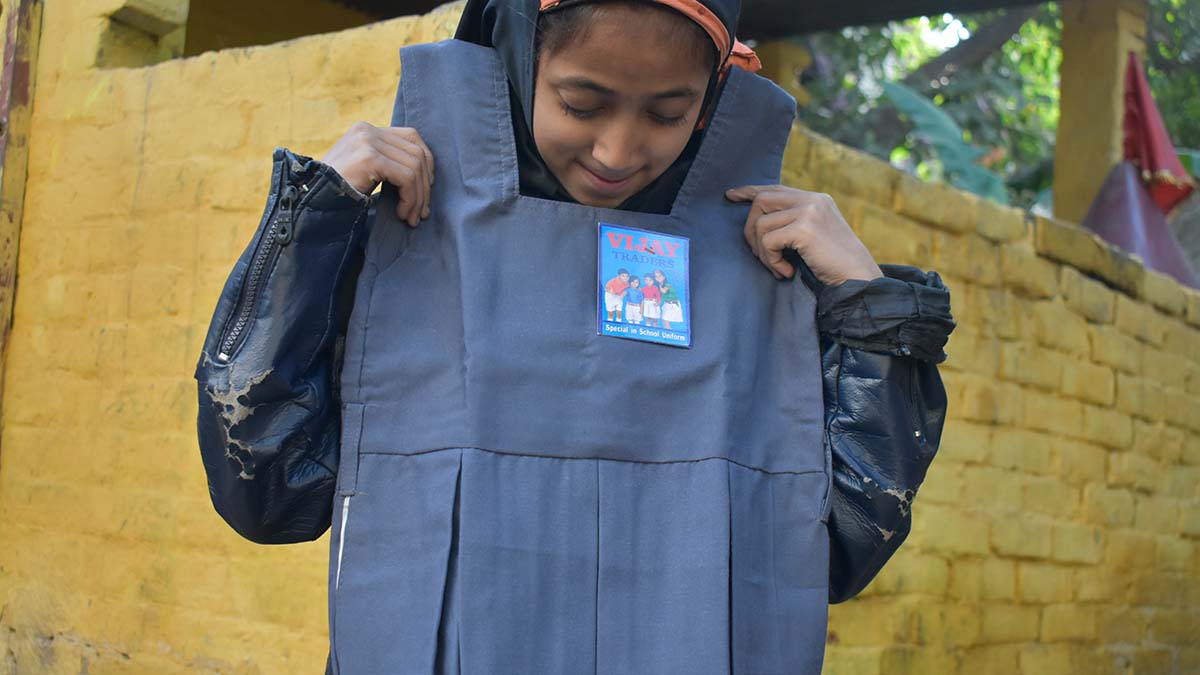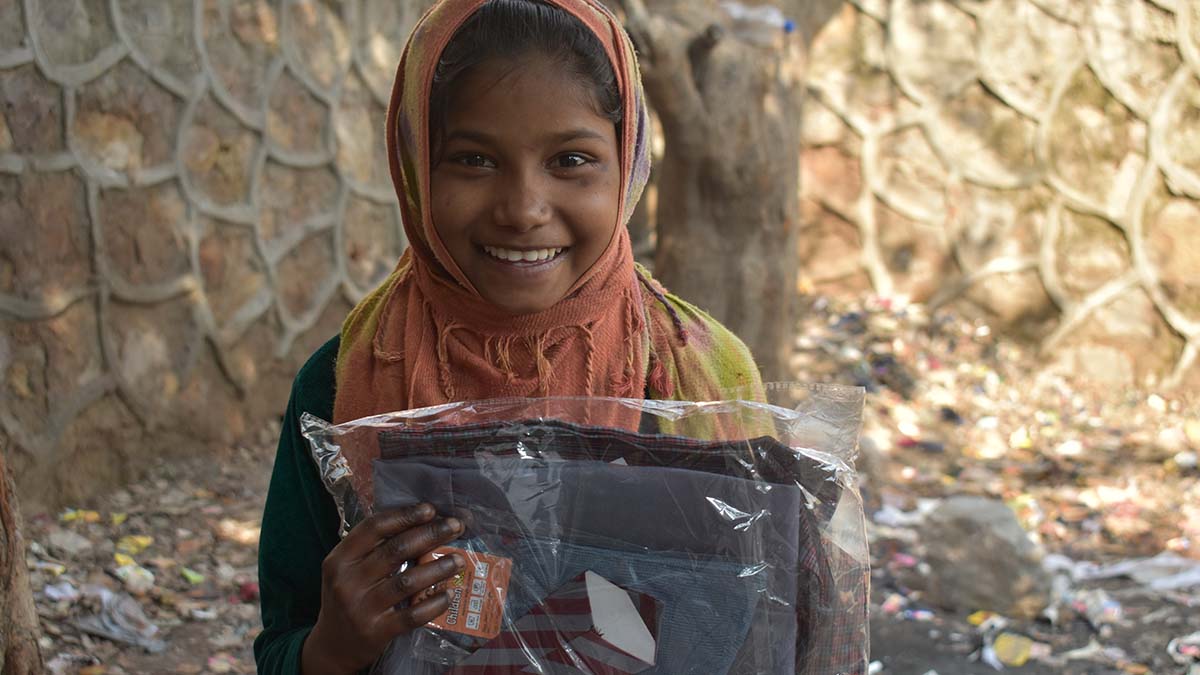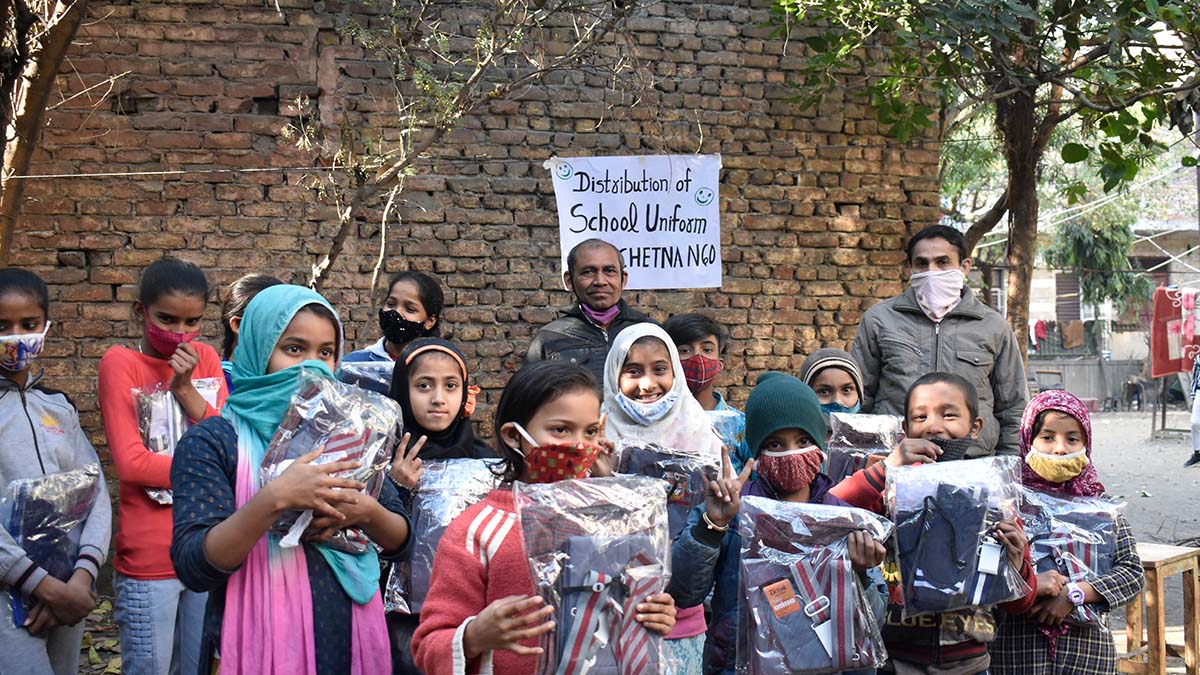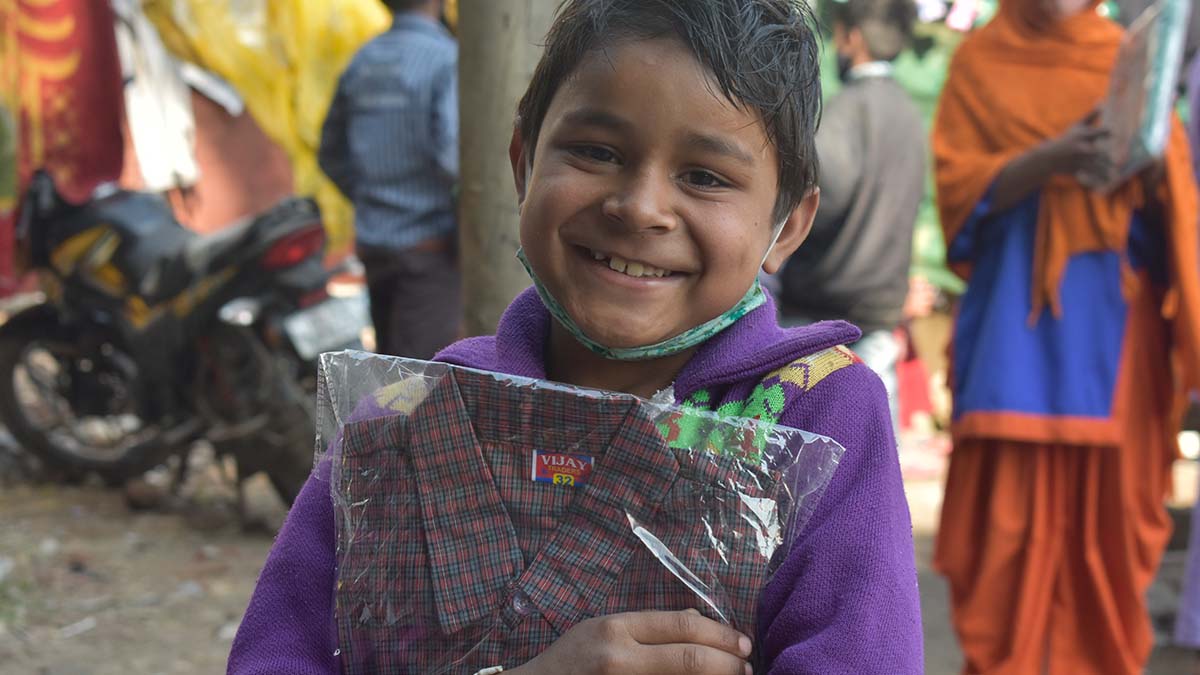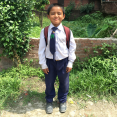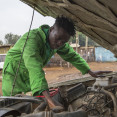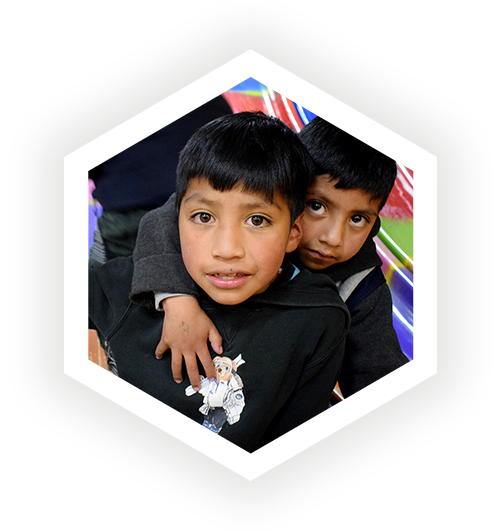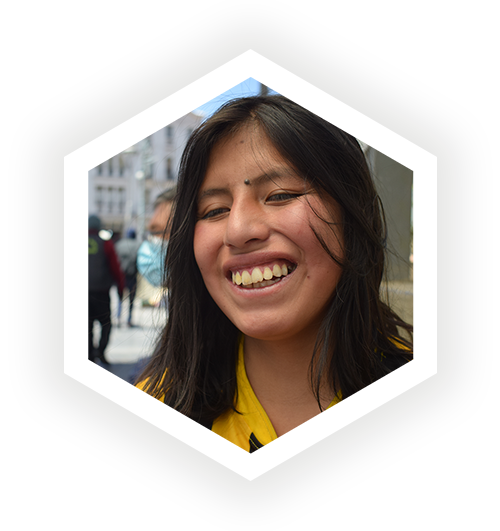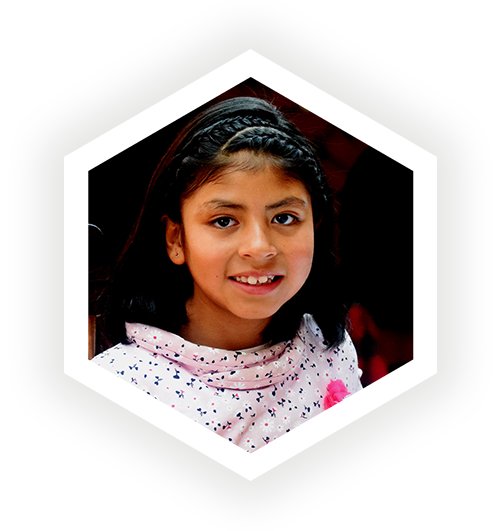Welcome From the chair and CEO of Toybox
The last three years have brought unique challenges and this year has been no different. Programme activities are still suffering the lasting effects of COVID and the cost of living crisis has been especially hard for the children and families we support, many of whom are already living hand to mouth.
As always, we’ve risen to the challenge. This year, despite managing expenditure very tightly, we’ve been able to get more money to our international partners through sensible use of our reserves. Thanks to their great work we’ve directly supported just less than 10,000 children – that is 333 classrooms filled with 30 pupils. Without your support, none of this would have been possible.
Lynne I am always delighted by the numbers of births we have registered, 2,794 this year, but I have also been really pleased to see the 139 children we helped navigate their country’s judicial systems.
Ian I am delighted to see the high numbers (1,498) of parents and caregivers receiving positive training sessions, it is wonderful to see these people determined to create a better home life for their families.
Thanks for taking the time to read this report. May God bless and protect you this following year.

Ian Gray
Chair of the Toybox Board
Lynne Morris
CEO of Toybox
Ian Gray
Chair of the Toybox Board